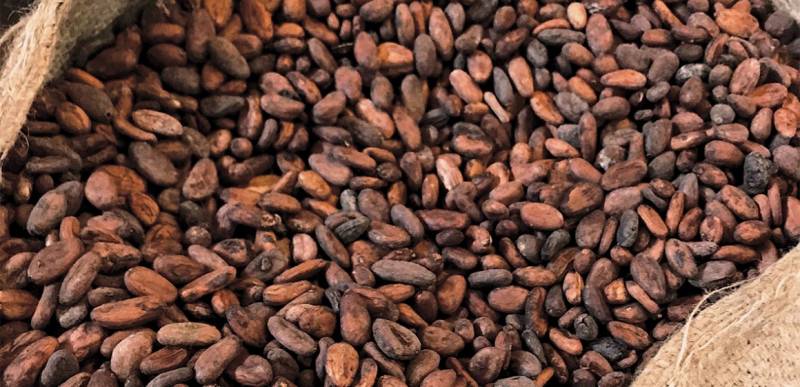The European Union has threatened to reject cocoa produced in Nigeria from next year due to a fall in the commodity’s quality, the Cocoa Farmers Association of Nigeria has said.
President of the association, Adeola Adegoke, told journalists at a press conference in Abuja on Tuesday that cocoa farmers were currently apprehensive over the imminent rejection of the product by the European Union beginning from 2022.
Adegoke, who disclosed this in preparation of the 2021 CFAN Summit, noted that the EU policy on overdose of chemicals on Nigeria’s cocoa was what could result to the rejection of the commodity produced in Nigeria.
He said, “Our buyers are complaining on quality. They are now threatening Nigeria that they are going to reject our cocoa and that is a very serious issue that would be addressed at the summit.
“We are also looking at the EU policy which says as long as we continue to use chemicals more than the original level, it will be rejected 2022. Are we going to wait till 2022, like we did during the beans ban? We don’t need to wait for this. So the summit will address these issues.”
Adegoke also stated that the production level of 250,000 metric tonnes of cocoa, which the country presently produces, was abysmally low compared to other countries.
He said, “This is very important in our drive. Presently it is unacceptable to us as stakeholders for Nigeria to have the land, resources and manpower be producing 250,000MT, where Ivory Coast that does not enjoy the land that we have produces about 2.5 million to 2.8 million MT. Even Ghana produces 1.5 million MT.”
EU, German agency unveil N200m grant for MSMEs in Kano
European Union, NASIEC vow to ensure credible LG polls in Nasarawa
He further explained that the ranking of Nigeria as the second largest producer of cocoa in the world had dropped, while other African countries were producing in million time.
“Our average productivity per hectare is rated to be about 300 to 350kg, where in Ghana and Ivory Coast, have average production per hectare of 800 to1000kg,” Adegoke said.
He, however, explained that the summit would address other concerns, which include issues on national policy on cocoa in Nigeria, land availability for youth participation and climate change.
SOURCE : Punch




